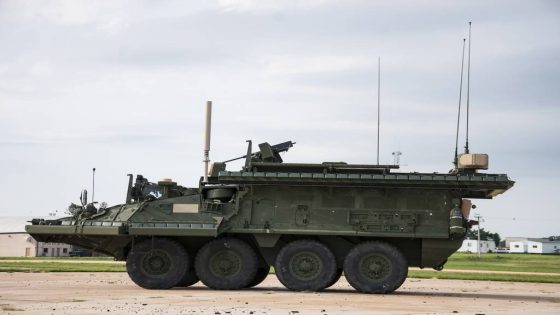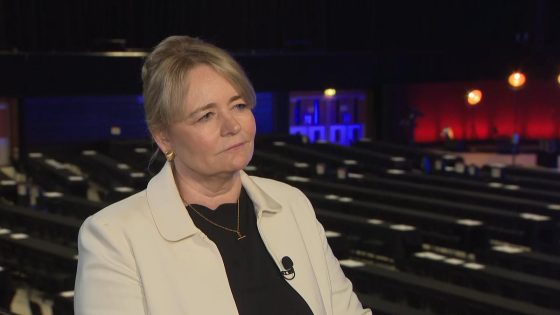Virginia-based defense contractor Artis, with an active protection system it says is capable of defending vehicles from attacks from above, is forming a joint venture with the United Arab Emiratesâ company Bin Hilal Enterprises to offer its system overseas.
Artis and BHE signed a memorandum of understanding the Eurosatory international defense conference in Paris on June 18.
Artis told Defense News in January that it had been demonstrating its Sentinel All-Threat Defeat System, formerly known as Improved Iron Curtain, at a West Virginia range. The system had international interest, particularly in the Middle East, it said.
âThe JV will offer original equipment, manufacturing and engineering services, and will extend to lifecycle support, spare parts, field services, warranty support and training,â an Artis statement said, and âwill meld the extensive active protection experience of Artis with the business and cultural acumen of BHE.â
The companies will immediately work to provide Sentinel to local and regional allies, the statement notes.
âThis MOU represents a critical component of our international growth strategy and directly supports our commitment to the United Arab Emirates,â Artis CEO Keith Brendley said in the statement.
âSentinel is a third-generation APS, and is the most advanced system in the world. It is the only active protection system that can protect against all threats, including providing top-attack protection from a swarm of drones,â he said. âSentinel also mitigates sabot rounds and fuzed threats.â
Artis said previously it has demonstrated the Sentinel can protect vehicles and infrastructure from nearly all direct-fire threats, including tank-fired rounds, anti-tank guided missiles, rocket-propelled grenades and loitering munitions â otherwise known as exploding drones, which target vehicle and infantry alike, often with deadly effect.
Iron Curtain
The Virginia-based business has spent 20 years refining and expanding a capability versatile enough to handle nearly all threats to combat vehicles, including top-attack threats, long before the war in Ukraine and the use of loitering munitions highlighted the need for such robust protection.
The U.S. Army, years ago, evaluated the companyâs Iron Curtain active protection system for combat vehicles but never adopted the technology.
The Army launched an effort in 2016 to rapidly field interim solutions to protect Abrams tanks, Stryker combat vehicles and the Bradley infantry fighting vehicles. The service pursued options through a demonstration phase.
The service had selected Iron Curtain as an interim protection system in 2017 for the Stryker but decided against fielding the system after the testing and demonstration phase in 2018. Service leaders said at the time that while Iron Curtain worked in concept, it would take too much time and money to mature the system.
Artis developed its first design for top-attack protection through a Defense Advanced Research Projects Agency around 2008, Brendley told Defense News. The company has since continued work on the design through investors. But Sentinelâs capability gained significant traction through a contract with the Armyâs Rapid Capabilities and Critical Technologies Office, awarded shortly after the service rejected Iron Curtain for the Stryker, he explained. Artis concluded its work with the office in June 2023.
Artis has yet to acquire a first customer, but according to Brendley, âthe APS market is like any other market. If you take a look at emerging markets, automobiles or smartphones, what have you, the markets are always there, but they didnât materialize until the right product came along and we think we have the right product. I think the market is going to respond to that.â
Jen Judson is an award-winning journalist covering land warfare for Defense News. She has also worked for Politico and Inside Defense. She holds a Master of Science degree in journalism from Boston University and a Bachelor of Arts degree from Kenyon College.
Source Agencies



